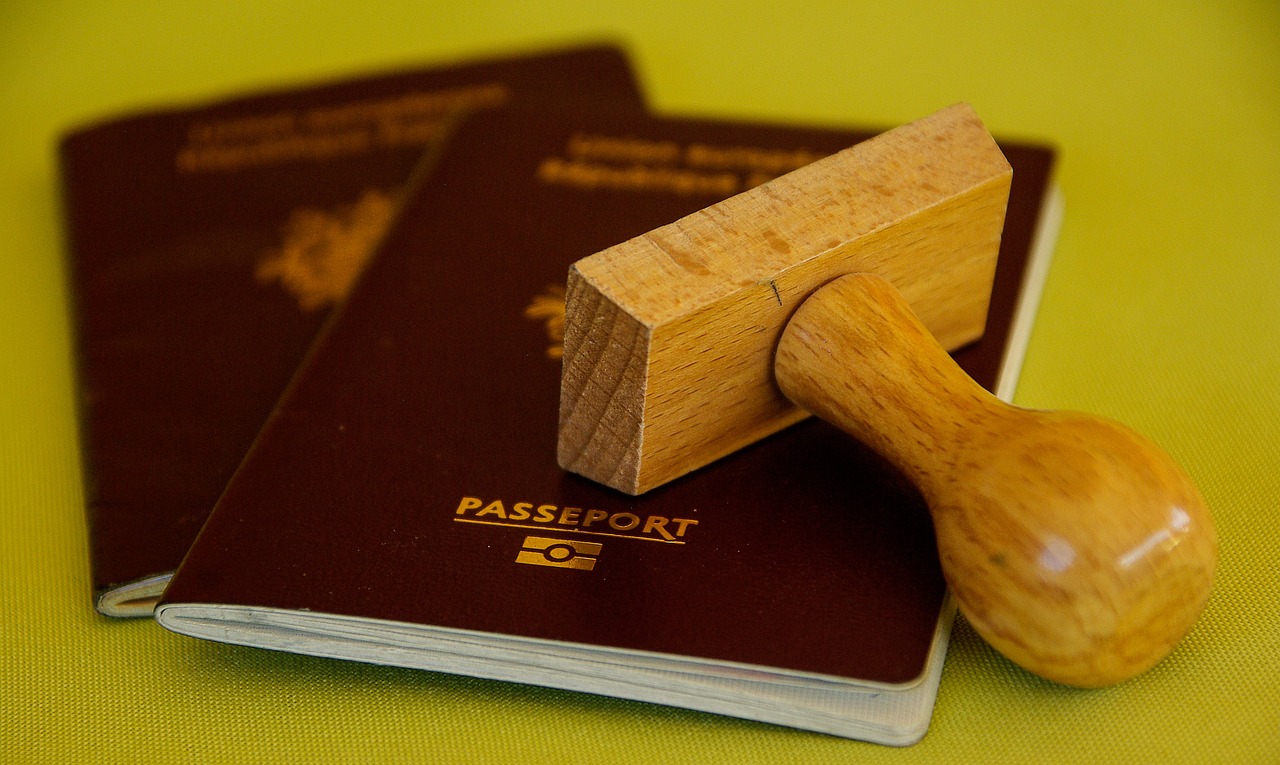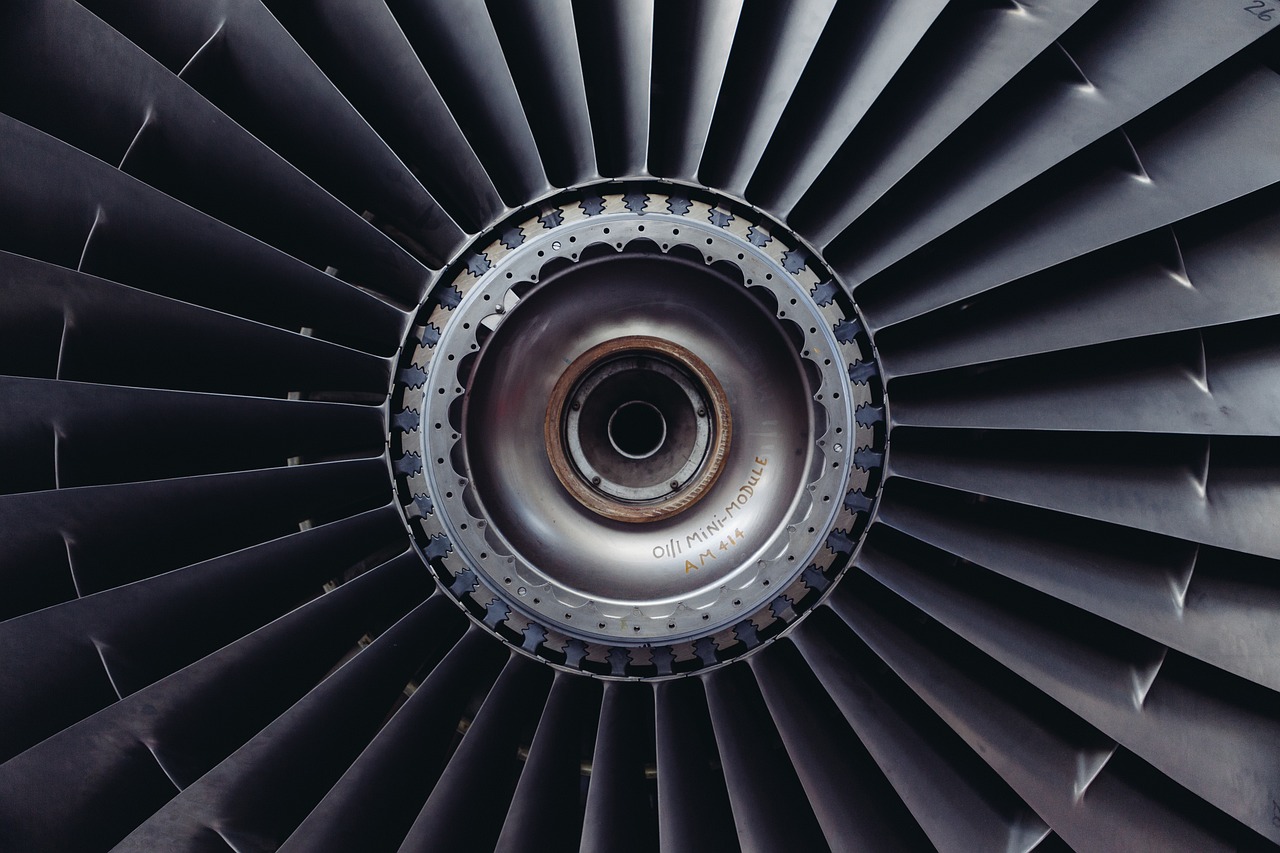What is required documents for India e-Visa
Embarking on a trip to India? The e-Visa process is a convenient way to get your travel authorization, but it’s crucial to know what documents are needed to ensure a smooth application. An India e-Visa allows travelers to enter the country for tourism, business, or medical purposes without the hassle of traditional visa procedures. Understanding the required documents can save you time and prevent application delays. Let’s delve into the specifics of what you need to prepare for a successful India e-Visa application.

Introduction to India e-Visa
What is an e-Visa?
An e-Visa is a digital travel authorization that allows eligible foreigners to enter India for a variety of purposes including tourism, business, and medical treatment. It simplifies the visa process by eliminating the need to visit an embassy or consulate. Applicants can complete the process online, making it a convenient choice for travelers. The e-Visa comes with specific conditions, such as being non-extendable and non-convertible, meaning you can’t change the type or duration of your visa once you’ve entered India.
Why Opt for an e-Visa?
Opting for an e-Visa offers several advantages. Firstly, it is highly convenient as the entire process is online, saving you the hassle of visiting an embassy. Secondly, the processing time is usually quicker compared to traditional visas. Additionally, e-Visas allow entry through designated airports and seaports, ensuring a smooth arrival in India. The cost is also relatively lower, although it is non-refundable. Finally, the e-Visa is ideal for short-term stays for tourists, business people, and medical patients.
Who Issues the e-Visa?
The e-Visa is issued by the Indian Government, specifically through the Ministry of External Affairs and the Ministry of Home Affairs. The Indian Immigration Authority is responsible for processing and approving the applications. The official application portal is the Indian Visa Online Website, where all applications must be submitted. It is crucial to apply through this official site to avoid scams and ensure your application is processed correctly.

Eligibility Criteria for India e-Visa
Eligible Nationalities
The e-Visa is available to nationals from a list of eligible countries, which can be found on the Indian Visa Online Website. These include most major countries across the globe. Make sure to check if your nationality is eligible before applying. The list is periodically updated, so it’s wise to review it before starting your application.
Non-Eligible Groups
Certain groups are not eligible for the India e-Visa, including Pakistani passport holders and nationals. Additionally, foreigners of Pakistani origin are also excluded from the e-Visa scheme. If you fall into any of these categories, you will need to apply for a traditional visa through an embassy or consulate.
Objective of Visit
The e-Visa is designed for specific purposes such as tourism, business, and short-term medical treatment. If you are visiting India for recreation, sightseeing, casual visits to friends and relatives, attending short-term yoga programs, or short-duration medical treatment including Ayurveda and detox, the e-Visa is suitable for you. For purposes like employment, NGO activities, and journalism, a regular visa is required.
Passport Requirements
To apply for an e-Visa, your passport must have at least six months of validity from the date of arrival in India. Additionally, your passport should have at least two blank pages for stamping by the Immigration Officer. Ensure your passport meets these requirements to avoid any issues during your application.
Travel Itinerary and Financial Requirements
When applying for an e-Visa, you must provide proof of a return or onward journey ticket. Additionally, you should have sufficient funds to cover your expenses during your stay in India. Having these documents ready can streamline your application process.

Required Documents for India e-Visa
Valid Passport
The most critical document for your e-Visa application is a valid passport. It must be valid for at least six months from your intended arrival date in India and should have at least two blank pages for stamping. Ensure your passport meets these criteria to avoid delays.
Passport-Sized Photograph
You will need a recent passport-sized photograph that meets specific requirements. The photo should be in color, taken against a white background, and without any shadows. Make sure your photo adheres to the guidelines provided on the e-Visa website.
Yellow Fever Certificate
If you are arriving from a country that is endemic for Yellow Fever, you must carry a valid Yellow Fever vaccination certificate. This is mandatory and will be checked upon arrival in India. Ensure you get vaccinated and carry your certificate to avoid any issues at the immigration.
Proof of Return or Onward Journey
You must provide proof of a return or onward journey as part of your e-Visa application. This could be a copy of your return flight ticket or an onward travel ticket. Having this document ready ensures a smooth application process.
Financial Proof
Financial proof is required to demonstrate that you have sufficient funds to cover your expenses during your stay in India. This could include bank statements or proof of income. Ensure you have this documentation ready before applying.

Application Process for India e-Visa
Step-by-Step Guide
Applying for an India e-Visa involves a straightforward, step-by-step process. First, you need to fill out the online application form with your personal details and travel information. Next, upload the required documents, including your passport copy and photograph. Carefully follow the instructions to avoid errors.
Online Submission
Once you have filled out the application form and uploaded the necessary documents, you need to submit your application online through the Indian Visa Online Website. Ensure all information is accurate before submitting, as errors can lead to delays or rejection.
Payment of Processing Fee
After submitting your application, you must pay the processing fee. This fee is non-refundable and can be paid online using a credit or debit card. Make sure to keep a receipt of the payment for your records.
Waiting for Confirmation/ETA
After submission and payment, you will need to wait for the confirmation and issuance of your Electronic Travel Authorization (ETA). This can take a few days, so it’s best to apply well in advance of your travel date. Once approved, you will receive the ETA via email.

Entering and Exiting India with e-Visa
Designated Entry Points
e-Visa holders can enter India through designated airports and seaports. It is crucial to check the list of designated entry points before you travel to ensure you arrive at an approved location. Entering through a non-designated point can result in denial of entry.
Compliance with Indian Laws
While in India, e-Visa holders must comply with local laws and regulations. This includes respecting the duration of stay allowed by your visa and not engaging in prohibited activities. Failure to comply can result in penalties and legal action.
Declaration of Goods
Upon arrival in India, you must declare all goods you are bringing into the country. This includes currency, valuable items, and goods for commercial use. Failure to declare goods can result in fines or confiscation.
Duration of Stay
e-Visas are typically issued for short durations, and you must leave India before your visa expires. The e-Visa is non-extendable and non-convertible, so plan your stay accordingly. Overstaying can result in fines and future visa denials.

Special Cases and Additional Requirements
Employment, NGO Activities, and Journalism
If you intend to visit India for employment, NGO activities, or journalism, you will need a regular visa. The e-Visa does not cover these purposes, and attempting to engage in these activities on an e-Visa can result in severe penalties. Always apply for the correct visa type based on your purpose of visit.
Accompanying Patient Attendants
For those accompanying a patient to India for medical treatment, a separate visa is required for each attendant. This ensures that all individuals traveling for medical purposes are accounted for and have the necessary authorization. Apply for the appropriate visa to avoid any issues.
Non-Extendable and Non-Convertible Nature
The India e-Visa is strictly non-extendable and non-convertible. This means you cannot extend your stay beyond the permitted duration or change the visa type once you are in India. Plan your trip carefully to adhere to these restrictions.
Non-Refundable Processing Fee
The processing fee for the e-Visa is non-refundable, even if your application is denied. It is important to double-check all information and ensure you meet the eligibility criteria before applying. Paying attention to details can save you from losing the processing fee.
| Information | Description |
|---|---|
| e-Visa is a digital travel authorization | Allows eligible foreigners to enter India for specific purposes like tourism, business, and medical treatment. |
| e-Visa is non-extendable and non-convertible | Cannot change the type or extend the duration of the visa once in India. |
| Processing fee is non-refundable | The fee paid during application is not returned, even if the application is denied. |
| Designated entry points | e-Visa holders must enter India through specific airports and seaports. |
| Compliance with Indian laws | e-Visa holders must abide by local regulations during their stay. |
Originally posted 2024-08-06 15:58:13.
